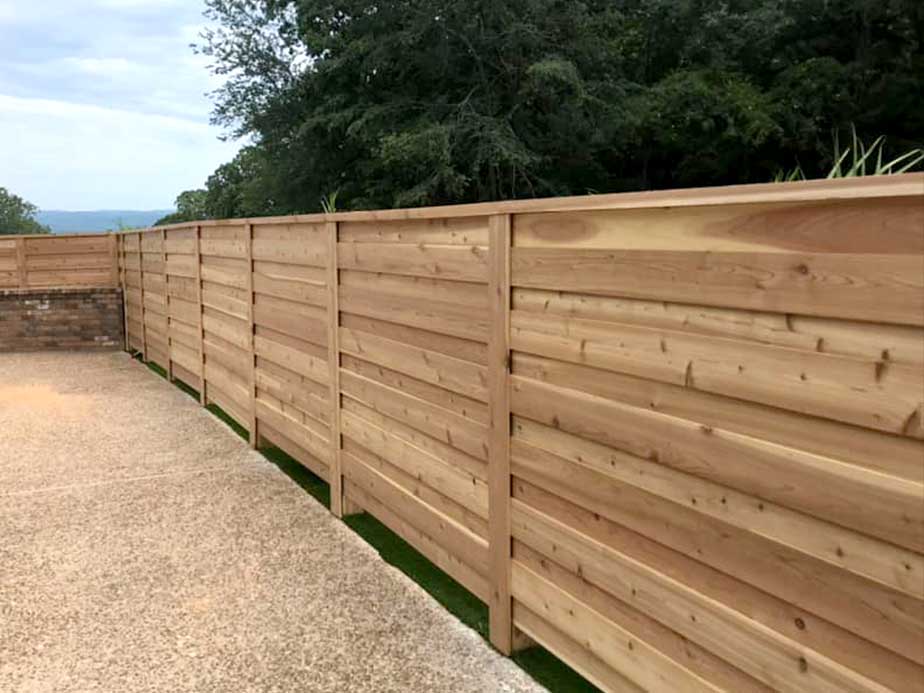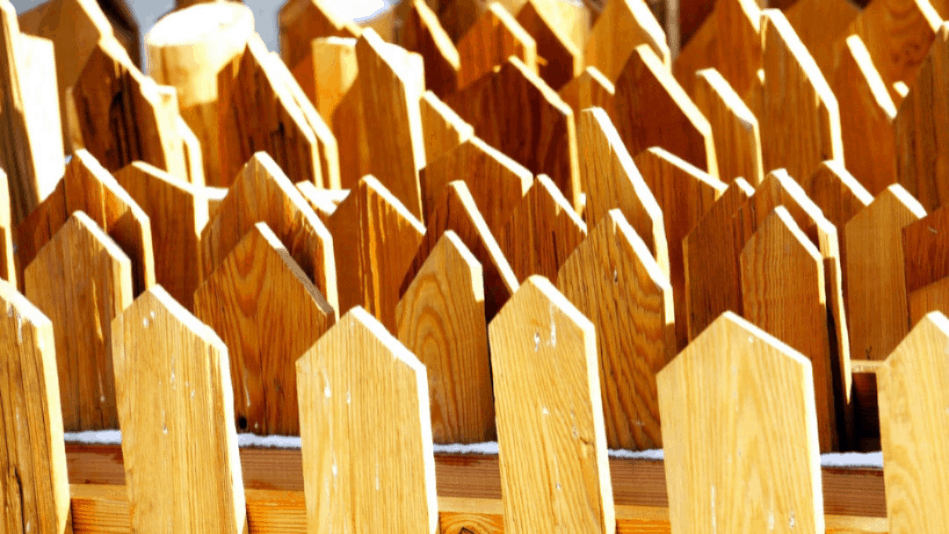All Categories
Featured

Choosing the appropriate secure fencing product is essential for achieving the balance of resilience, aesthetic appeals, and functionality that suits your residential property. Wood, vinyl, and light weight aluminum are popular selections, each with one-of-a-kind attributes that cater to details requirements. Below's a thorough look at the advantages and downsides of these 3 materials.
Timber Fencing. Pros:. Ageless Allure: Wood provides an all-natural, timeless appearance that enhances different architectural styles. Personalized: It can be repainted or stained in a variety of design and colors. Affordable: Timber fencings are usually less costly in advance than plastic or aluminum. Eco-Friendly: As a renewable energy, timber is naturally degradable and sustainable when sourced sensibly. Disadvantages:. Maintenance-Intensive: Calls for routine staining, painting, or sealing to protect against weather and insects. Shorter Life Expectancy: Depending upon the type of wood and climate, it generally lasts 10-15 years. Vulnerability to Damages: Prone to decaying, warping, and termite damage without proper treatment. Wood is optimal for home owners that value aesthetics and agree to spend effort and time in upkeep to lengthen its life.
Vinyl Secure Fencing. Pros:. Resilient: Resistant to parasites, rot, and weather condition, plastic keeps its structure in harsh problems. Low Upkeep: Calls for little maintenance beyond periodic cleaning. Lengthy Life-span: Vinyl can last 20-30 years without substantial wear or damages. Functional Designs: Offered in various colors, textures, and styles, including choices that resemble wood. Cons:. Expensive Setup: Vinyl fences are extra expensive to mount contrasted to wood. Fragile in Winter: Vinyl can crack in extreme chilly climates. Tough to Repair service: If damaged, entire sections might need replacement, which can be testing to match. Plastic fencing is an excellent option for those prioritizing long life and very little maintenance, even if it includes a greater upfront expense.

Light Weight Aluminum Fencing. Pros:. Rust-Resistant: Aluminum does not rust, making it suitable for moist or humid areas. Lightweight however Solid: Deals toughness without being extremely heavy, which simplifies setup. Reduced Upkeep: Needs bit greater than cleaning and occasional repainting. Longevity: Light weight aluminum fencings can last for years without substantial degeneration. Sophisticated Layouts: Often made use of for attractive purposes, light weight aluminum adds refinement to any kind of building. Cons:. High Initial Cost: Light weight aluminum fencings are amongst the a lot more pricey choices. Restricted Personal privacy: Often created with open spaces, they do not obstruct sights or noise. Prone to Damages: While durable, aluminum can be nicked or bent with heavy impact. Light weight aluminum is finest matched for those who want a lasting, fashionable fence and do not need full privacy.
Making the Right Option. Each product has its weaknesses and toughness:

Wood is perfect for traditional aesthetics and eco-conscious buyers that don't mind maintenance. Plastic benefits house owners looking for a weather-resistant, low-maintenance service. Aluminum is a durable, attractive alternative for those that want elegance and long life. Consider your top priorities-- whether it's cost, privacy, look, or maintenance-- and seek advice from a fence expert to choose the material that finest satisfies your demands. A well-selected fencing will improve your residential property for many years ahead.
Latest Posts
Take Advantage of Limited-Time Auto Repair Deals in Chicago at Montclare Auto Repair
Published May 28, 25
1 min read
Improve Your Home's Outside with Weathercraft's Siding Solutions
Published May 27, 25
1 min read
Unlock Your Financial Partner at WyHy – Key Advantages for Your Financial Success
Published May 25, 25
1 min read
More
Latest Posts
Take Advantage of Limited-Time Auto Repair Deals in Chicago at Montclare Auto Repair
Published May 28, 25
1 min read
Improve Your Home's Outside with Weathercraft's Siding Solutions
Published May 27, 25
1 min read
Unlock Your Financial Partner at WyHy – Key Advantages for Your Financial Success
Published May 25, 25
1 min read